What are MOOCs?
Published 20 June 2024
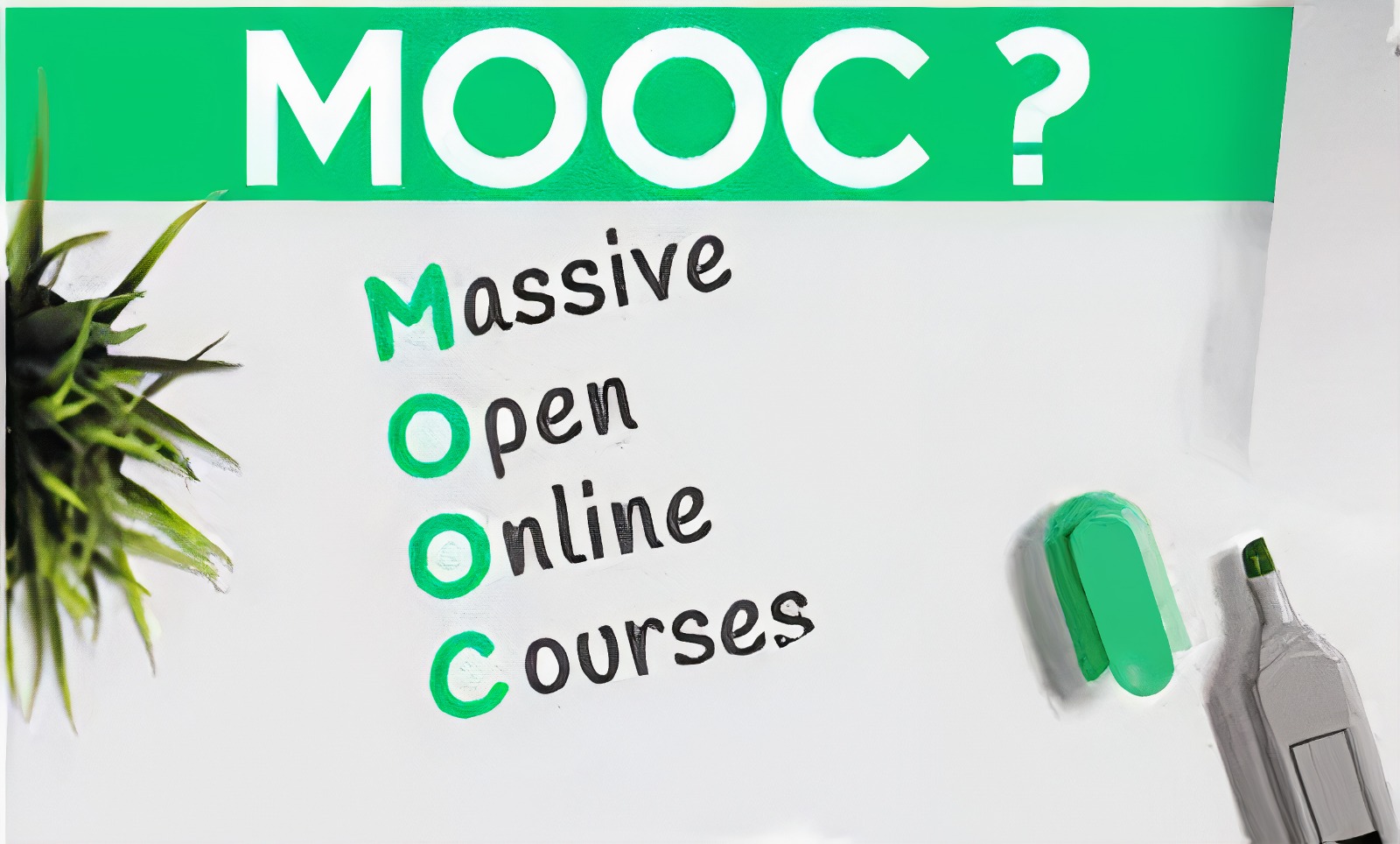
Photo by: IFES
According to George Siemens, MOOCs (Massive Open Online Courses) are online courses that provide learning on a large scale, allowing mass participation and free access to high-quality materials, without the need for prerequisites for participation.
Authors:
- Vanessa Battestin
- Juliana Cristina dos Santos
According to George Siemens, MOOCs (Massive Open Online Courses) are online courses that provide learning on a large scale, allowing mass participation and free access to high-quality materials, without the need for prerequisites for participation. This educational model offers a flexible and accessible alternative to continuous learning, allowing anyone, anywhere to sign up and learn at their own pace. There are several platforms offering MOOCs around the world..
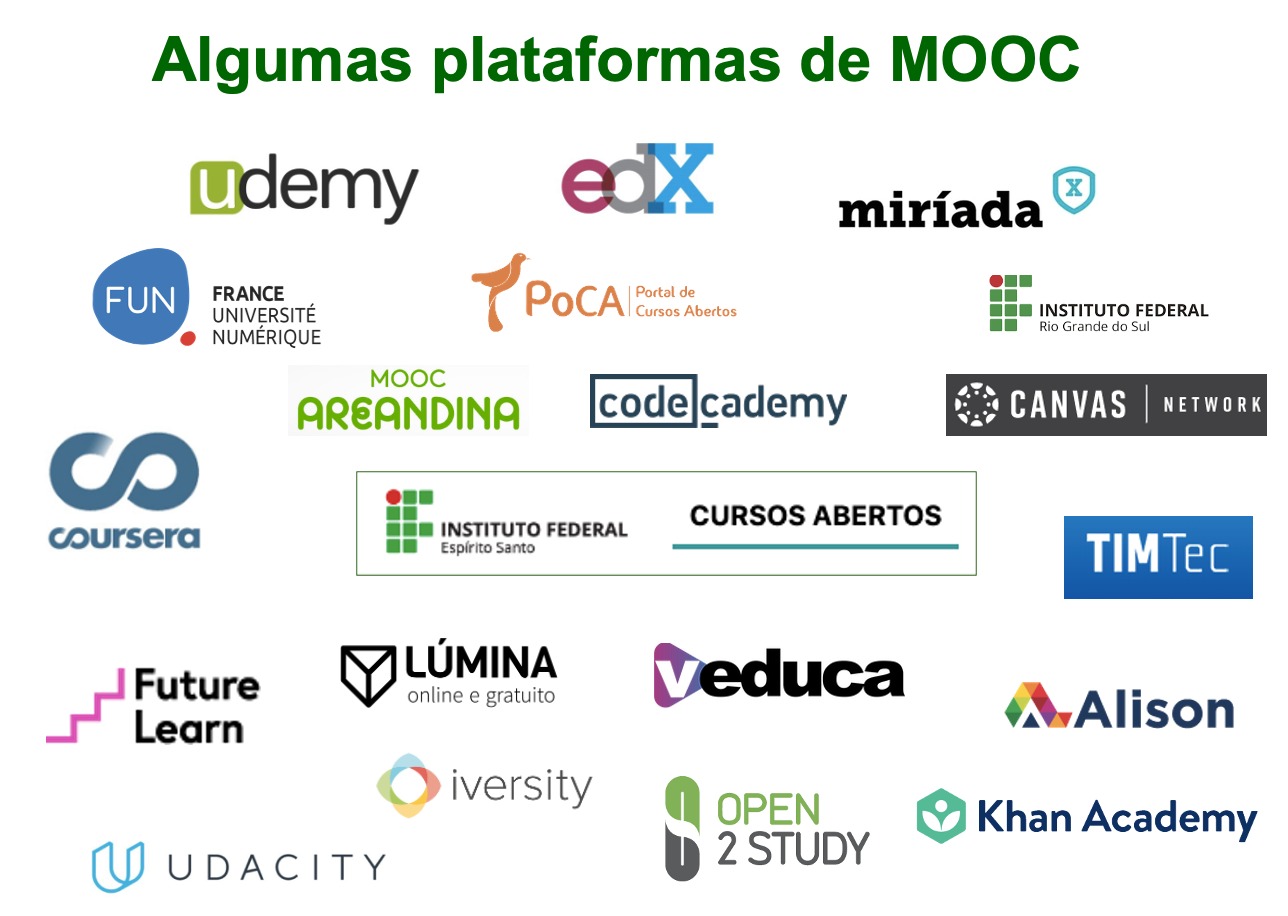
Main characteristics of MOOCs
- Openness: MOOCs are generally free and open to anyone with internet access, without the need for formal prerequisites for participation.
- Massiveness: Designed to cater for a large number of students simultaneously, MOOCs break down the barriers of the limited number of places typical of traditional courses.
- Online: Offered entirely online, MOOCs eliminate the need for physical presence, allowing students to learn from anywhere.
- Self-study: Most MOOCs are structured for self-study, allowing students to progress through the course according to their own availability and learning pace.
- Certification: Most MOOCs offer some kind of certification at the end of the course, which can be used to prove the new skills and knowledge acquired.
Advantages of MOOCs
- Inclusion: MOOCs promote inclusion by offering free or low-cost courses, accessible to anyone with an internet connection. This democratizes access to education, allowing individuals from diverse backgrounds and regions to acquire new knowledge and skills.
- Flexibility: MOOCs allow students to study according to their own schedules, eliminating time and space barriers present in traditional education. This is especially important for people who need to combine studies with work or other responsibilities.
- Lifelong Learning: MOOCs offer opportunities for continuous lifelong learning, whether it’s learning new tools and technologies, preparing for exams, obtaining certifications and acquiring new skills, or adapting quickly to market changes and technological innovations
How can MOOCs be used?
- Formal Education: Educational institutions can integrate MOOCs into their curricula as complementary or preparatory courses; as part of, leveling or deepening subjects; for preparing for exams; obtaining professional certifications; technical production; educational products in postgraduate programs; among others.
- Non-formal education: For self-study and personal development, MOOCs offer opportunities to learn a new language, acquire new skills and explore areas of personal interest without the formalities of traditional academic programs.
- Professional Training: Organizations can use MOOCs to train their employees, offering professional development courses and training in new technologies and management practices.
Conclusion
MOOCs represent a significant evolution in education, providing an accessible, flexible and inclusive platform for continuous learning. With their unique characteristics and potential, they have the power to transform the way education is offered and accessed globally, promoting personal and professional development on a scale never seen before.
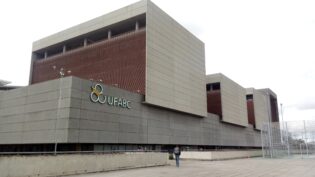
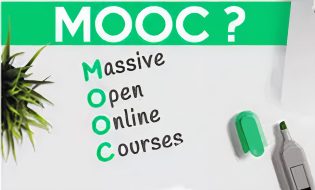
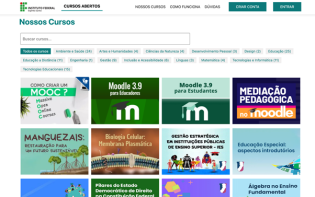
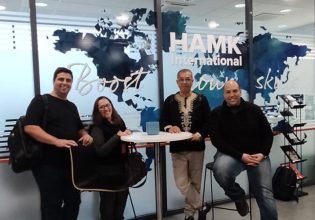
Site perfeito, extrema ansiedade em conhecer novos cursos, 100% eficaz no aprendizado falar por conta própria, flexível e inclusiva, nada a reclamar!